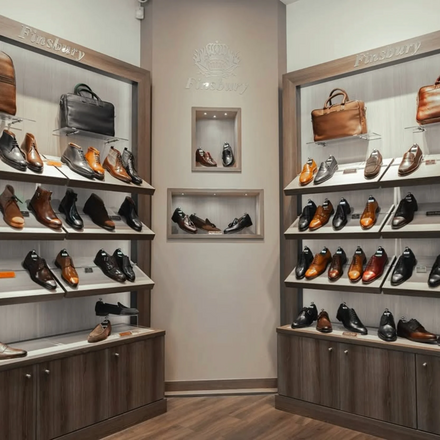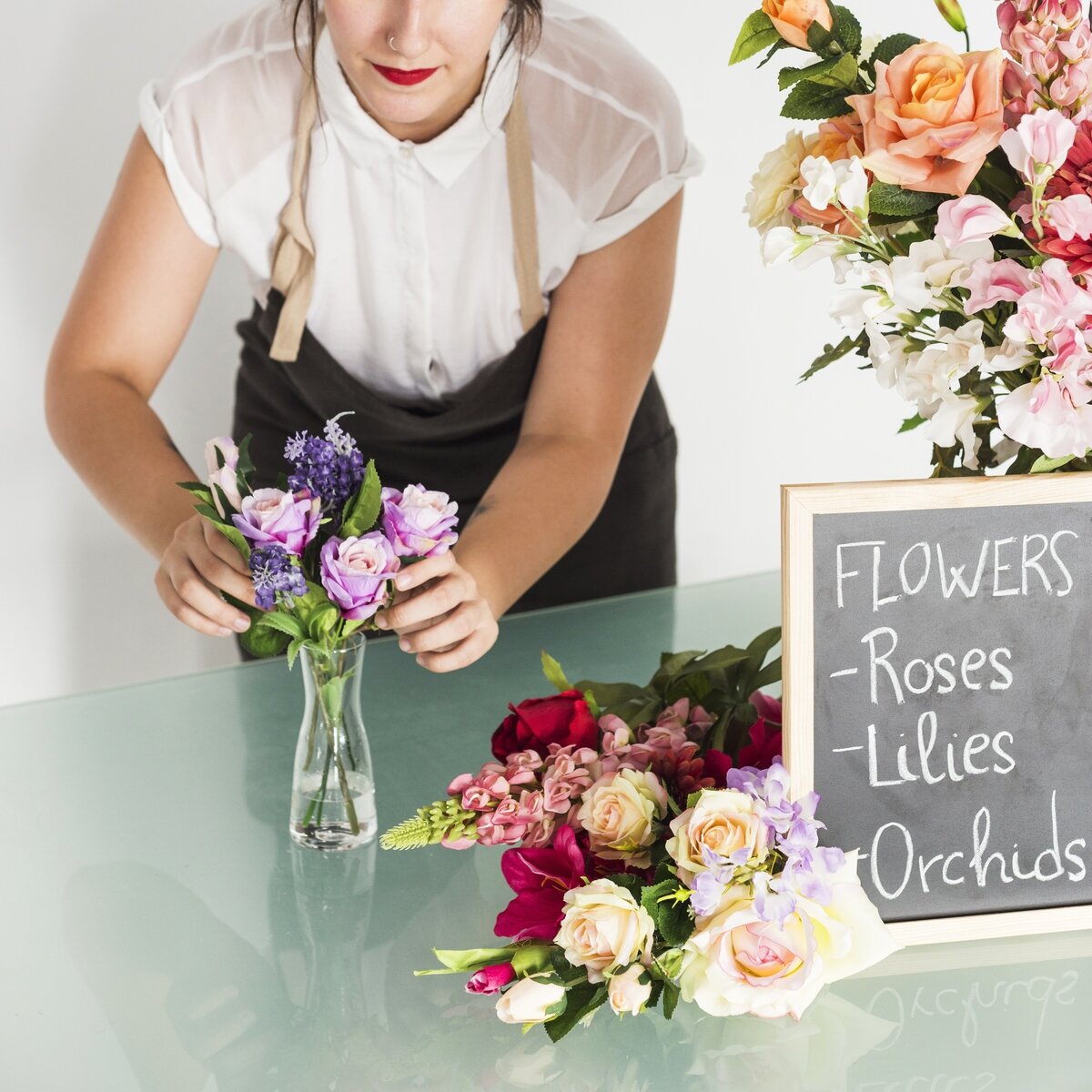Blooming profits

Explore how franchised flower shops are thriving across Europe. Discover key brands, startup costs, and how to turn a passion for floristry into a successful business.
The florist industry in Europe is blossoming, with demand for flowers not only for special occasions but also for everyday use steadily increasing. From weddings to corporate events and even daily home décor, flowers continue to hold significant value. As a result, floristry franchises are experiencing a surge in popularity, offering entrepreneurs a chance to enter this evergreen market with the backing of an established brand and proven business model.
For those with a passion for flowers but lacking the experience to run an independent shop, joining a florist franchise provides an ideal entry point. Established florist franchises across Europe offer new franchisees support with training, supply chain management, and marketing—key factors in navigating the competitive floral industry.
Leading florist franchise brands in Europe
One of the most prominent florist franchise brands in Europe is Fleurop-Interflora, with a well-established presence in countries like Germany, France, Switzerland, and the UK. Known for its extensive network of florists, Fleurop-Interflora delivers flowers locally and internationally, providing franchisees with access to a vast customer base. To join this franchise, initial investments vary depending on the location and size of the operation, typically starting around €25,000 to €50,000. Ongoing royalty fees usually hover around 5-8% of sales. Franchisees benefit from strong brand recognition and access to premium flower suppliers, as well as comprehensive training in floral design and business operations.
Another growing player in the European market is Florajet, a French-based franchise that specializes in online flower delivery services. This brand focuses on innovative digital marketing strategies and e-commerce solutions, helping franchisees tap into the expanding online sales market for flowers. Initial investment for a Florajet franchise starts around €30,000, with lower fixed costs as much of the business can be managed from a small studio or home-based setting. This option is ideal for entrepreneurs looking to combine floristry with a strong digital platform.
Jules Fleur, a florist franchise based in Belgium, offers a different approach by focusing on small, charming boutique stores that deliver high-quality, artisan floral arrangements. Franchisees need an initial investment of around €20,000–€40,000, depending on the size and location of the shop. Jules Fleur provides franchisees with in-depth training on floral artistry, as well as business and customer service support. Franchisees benefit from the brand’s elegant aesthetic and strong local appeal, especially in high-traffic areas like city centers and shopping districts.
Initial investment
The investment required to start a florist franchise can vary significantly depending on the brand, location, and the size of the operation. On average, new franchisees can expect to invest between €20,000 and €60,000, which typically covers the franchise fee, initial stock, and shop setup. A florist business typically requires a small to medium-sized retail space, ideally located in a high-visibility area with foot traffic.
Some franchises, such as Florajet, offer lower-cost models by focusing on online sales rather than physical retail locations, significantly reducing overheads. Others, like Fleurop-Interflora or Jules Fleur, require physical shops but provide substantial assistance in choosing a suitable location and setting up the business. Ongoing costs include royalties, which range from 5-10% of sales, and marketing contributions to support national or regional campaigns.
How to start?
Starting a florist franchise involves several key steps. The first is to research available franchises and select the one that aligns with your goals and budget. Many brands offer detailed guides on their websites, outlining the financial requirements, training programs, and support provided to new franchisees.
Once you’ve selected a franchise, the next step is to secure financing. Many entrepreneurs opt for small business loans or partner with investors to cover the initial costs. Florist franchises typically require working capital to cover rent, staff wages, stock, and other operational costs for at least the first few months.
After securing the necessary funds, you will begin the onboarding process with the franchise. Most florist franchises provide comprehensive training programs that cover floral arrangement techniques, customer service, sales strategies, and inventory management. You will also receive ongoing support from the franchisor, which often includes marketing, product development, and logistics.
Opportunities and trends
Floristry franchises offer a unique blend of creative work and business management, making them appealing to entrepreneurs with a passion for flowers. The industry is driven by consistent demand for flowers for special occasions such as weddings, funerals, and corporate events, as well as growing trends in sustainable and locally sourced flowers. Some franchises are even tapping into the eco-friendly movement, offering sustainable packaging and promoting locally grown flowers to reduce environmental impact.
As consumer behavior shifts towards online shopping, many florists are incorporating digital services like e-commerce platforms and same-day delivery options, a trend accelerated by the COVID-19 pandemic. Brands such as Florajet have successfully capitalized on this trend, offering franchisees the chance to operate primarily online, with lower overhead costs.
Moreover, events like Valentine’s Day, Mother’s Day, and major holidays remain key sales drivers for florists, providing opportunities for strong seasonal revenue spikes. With the backing of a franchisor, franchisees benefit from well-timed marketing campaigns and supplier deals to make the most of these peak periods.
Florist franchises offer a unique and rewarding opportunity for those looking to combine creativity with business acumen. Leading brands such as Fleurop-Interflora, Florajet, and Jules Fleur provide franchisees with the tools and support necessary to succeed in this thriving industry. With a relatively low entry cost, growing consumer demand, and multiple business models to choose from, entering the floristry franchise market in Europe can be a flourishing business venture for aspiring entrepreneurs.
Featured franchises
No featured franchises
Breaking news
Show all
Pandora Greenbox franchise
Pandora Greenbox offers a scalable fast-casual concept combining healthy cuisine, smart design and strong unit economics across Europe.

Expanding premium footwear through franchising
A French footwear brand expanding through franchising, offering structured entry into premium shoe retail with established operational standards.

Franchise model in sustainable water solutions
An international franchise network focusing on water generation and distribution technologies designed for commercial and residential markets.

Milano Cosmetics franchise overview
Milano Cosmetics offers a global franchise model for professional beauty salons with defined financial terms, operational support, and...


